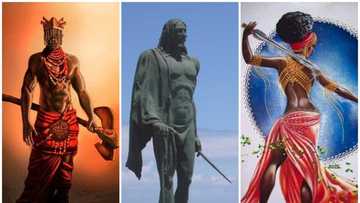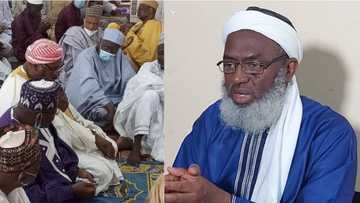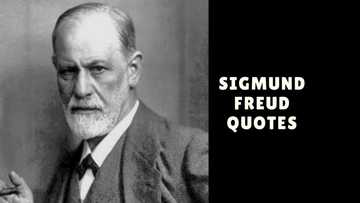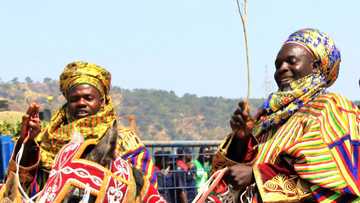Name of God in Idoma language
Name of God in Idoma language. Despite the influence of western religions, the Idoma people remained faithful followers of their traditional religious doctrines and customs. And today we are going to get acquainted with the supreme powers, praised and worshiped by Idoma nation.
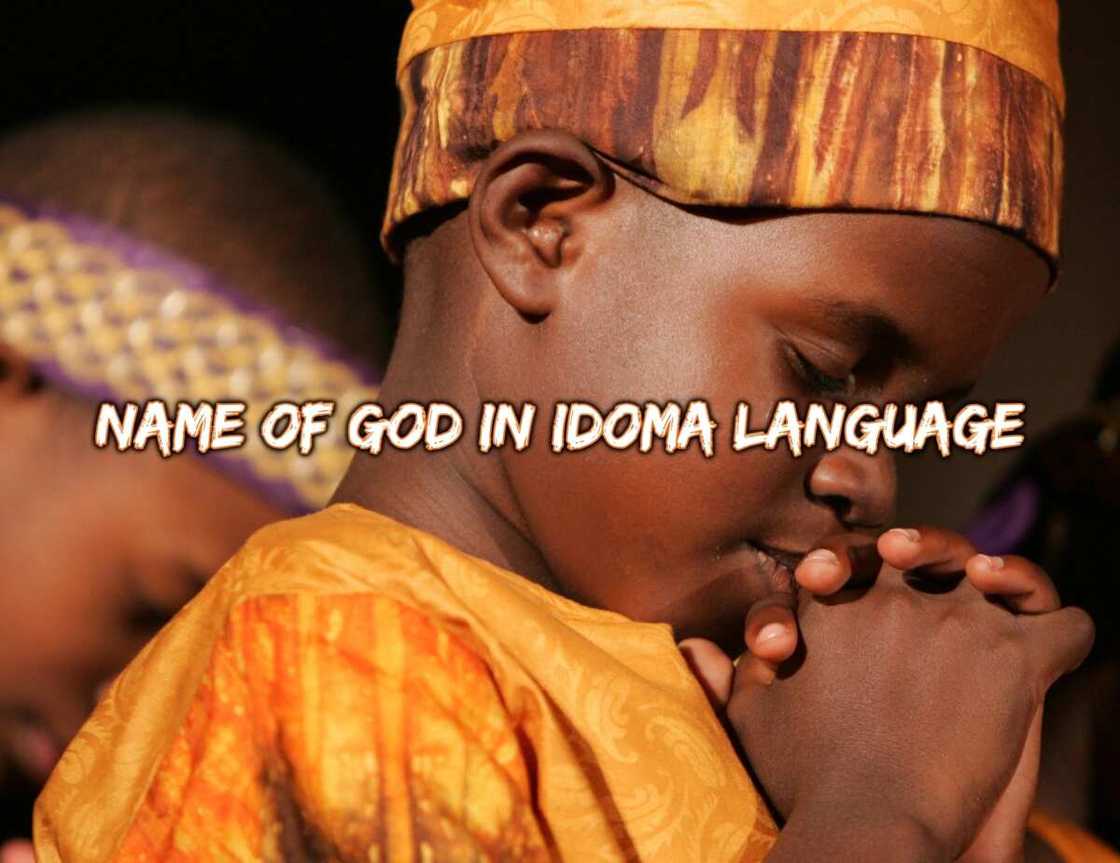
How do Idoma people call God?
Different religious beliefs and cults are shared among the peoples of Nigeria, and often different beliefs coexist among the same peoples. In modern culture of Nigeria, folk traditions are still alive and kept up. They appear in the sculpture, masks created by the masters of each culture, dances, songs, and of course religion.
Although western practices promoted the forthcoming of Christianity, Islam, and some other international doctrines, the majority of ethnic groups in Nigeria didn't lose their national identity. They are still maintaining their traditional beliefs and religious systems. And Idoma people are also followers of traditional beliefs.
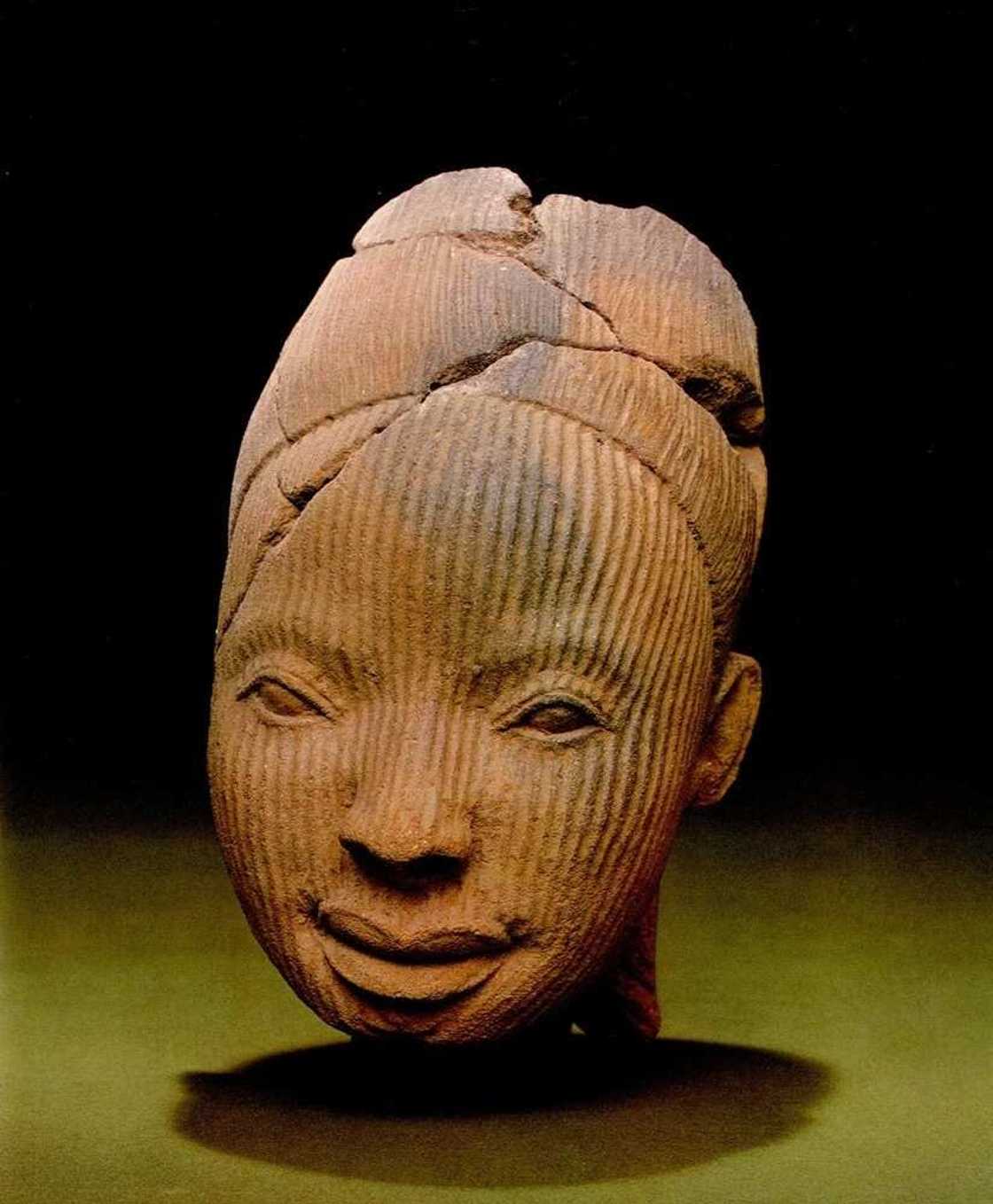
Photo: africa.uima.uiowa.edu
READ ALSO: Names of God in Nigerian languages
According to the traditional Christianity religious doctrine, God is the supreme creator and being. Many cultures worship him as the central most significant power. As Idoma people mostly maintain their native cults, worshiping ancestors and deities, there is no name for a God. Although there are some words, that can be translated into English as "god". They are:
Owoicho;
Owo (or Owa);
Ondu.
Gods in Idoma religious culture
Speaking of Owo, in Idoma traditional religion it is one of the supreme deities. Owo (also referred to as Owa) is a spirit or god of rain. Idoma people's personification of him as a cotton tree.
Others associate God with rain so closely that the same word (or its cognate) is used for both. For example, the Didinga name for God is Tamukujen and for rain tamu; the Idoma use Owo for both;...
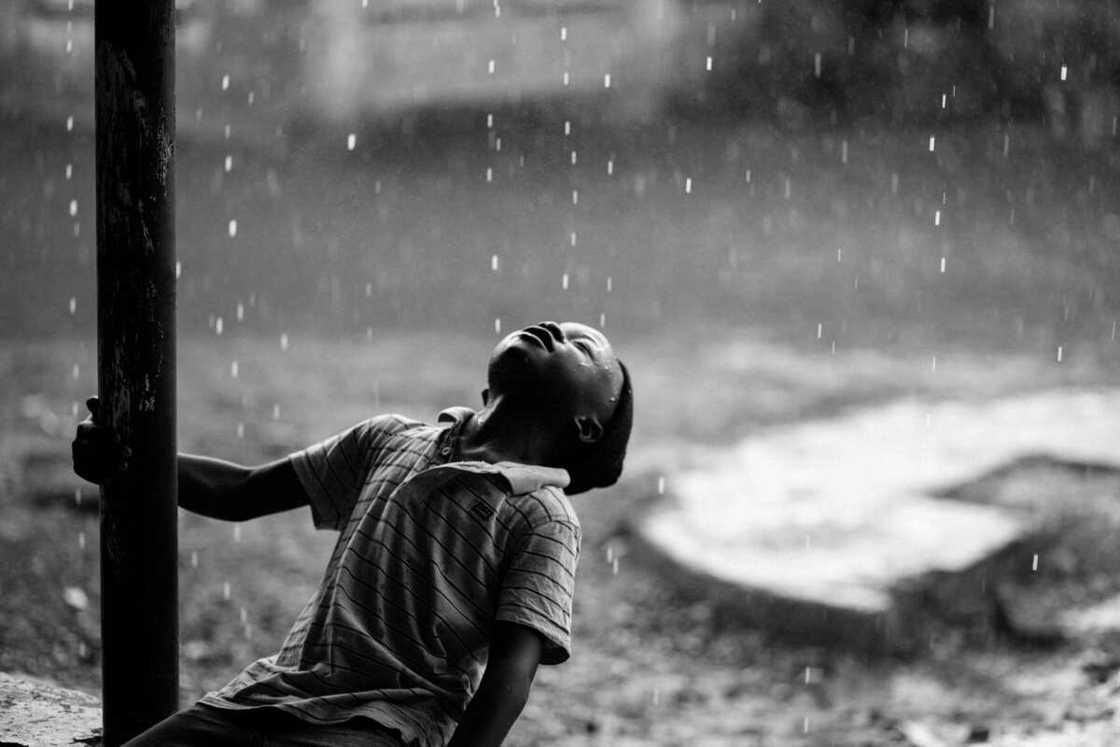
Photo: medium.com
READ ALSO: Names of God in Igbo
Another supreme deity of Idoma culture is Alekwu. Idoma common doctrine concentrates on sanctifying forefathers ancestors. Alekwu is an embodiment of ancestors spirits and is a connection linking the world of the living and the dead. The Idoma people believe that Alekwu spirit is an unperceivable guardian, which protects their nation, countering mischiefs such as unfaithfulness, robberies, and homicides.
To honor the ancestors spirit Idoma people hold an Aje Alekwu festival every year. The Aje Alekwu festival is the most significant event in the traditional religion of Idomas. The celebration is habitually held by the end of the yams harvest period, which usually lasts from July to September.
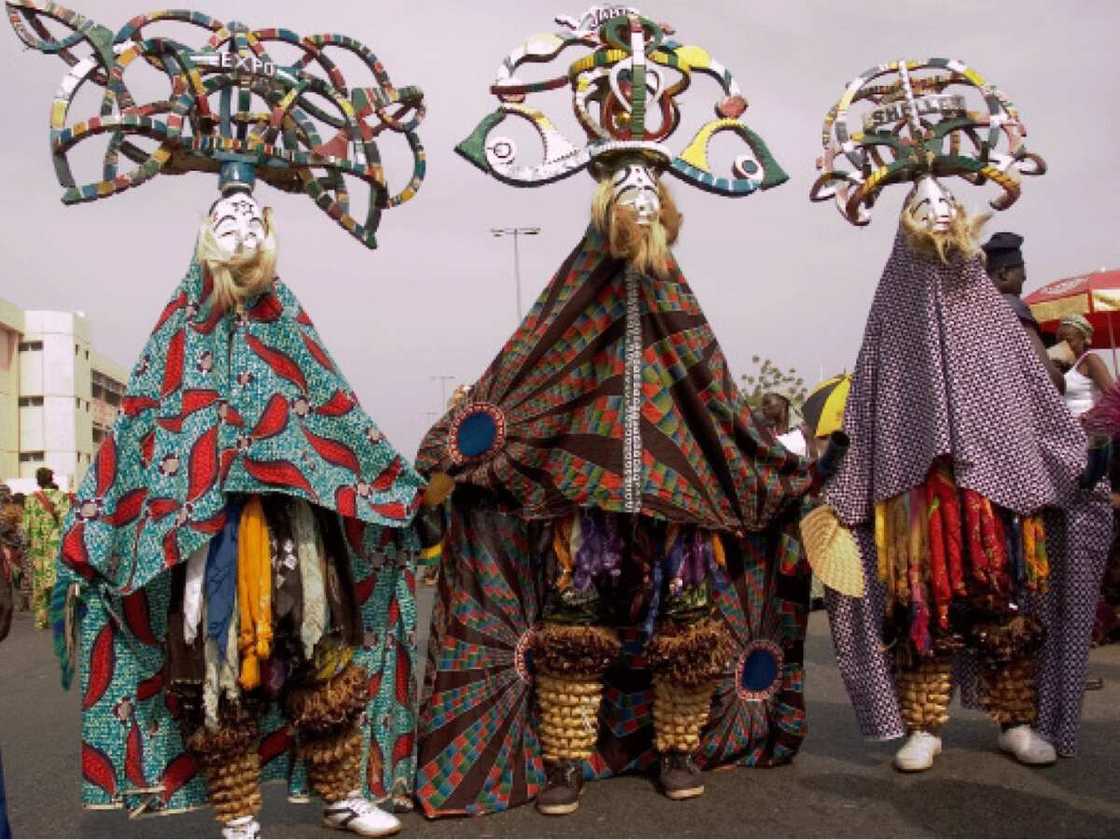
Photo: gistus.com
Nevertheless, tributes and worship of the Alekwu spirits may be implied at either point depending on personal calls and distributions. During the Aje Alekwu festival, names of predecessors are entreated so that the tributaries could send their appeals to the almighty Owoicho.
In some related Idoma clans, there is a cult of Alekwufia. Followers of this tradition believe that during the funeral commemoration an invisible power or spirit comes for the soul of a deceased person to accompany him to the place of their ancestors. Burial commemorations amidst the Idoma people are usually considerably tense, with prominent regard addressed to residents of the district who are in their sunset years.
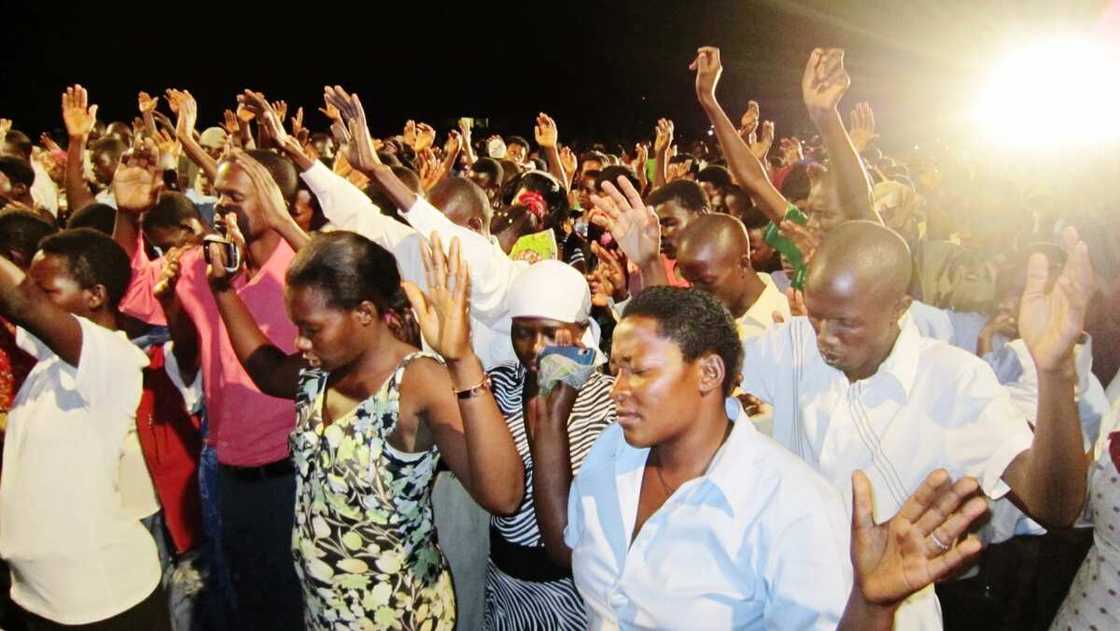
Photo: aeinternational.wordpress.com
There is also a commemorative ceremony or second funeral, which is held to assure that the deceased has definitely passed directly to the world of the ancestors and the ritual has been kept properly.
From the followers' point, praising of Alekwu denotes the significance of fellowship and connection between the domains of the nations, and of course between people and spirits. The followers implement this connection at the expense of their mantras, lyrics, and messages, whereby strengthening and promoting righteousness. As a code of conduct, it is a symbol of peace, order and tranquility in the society.
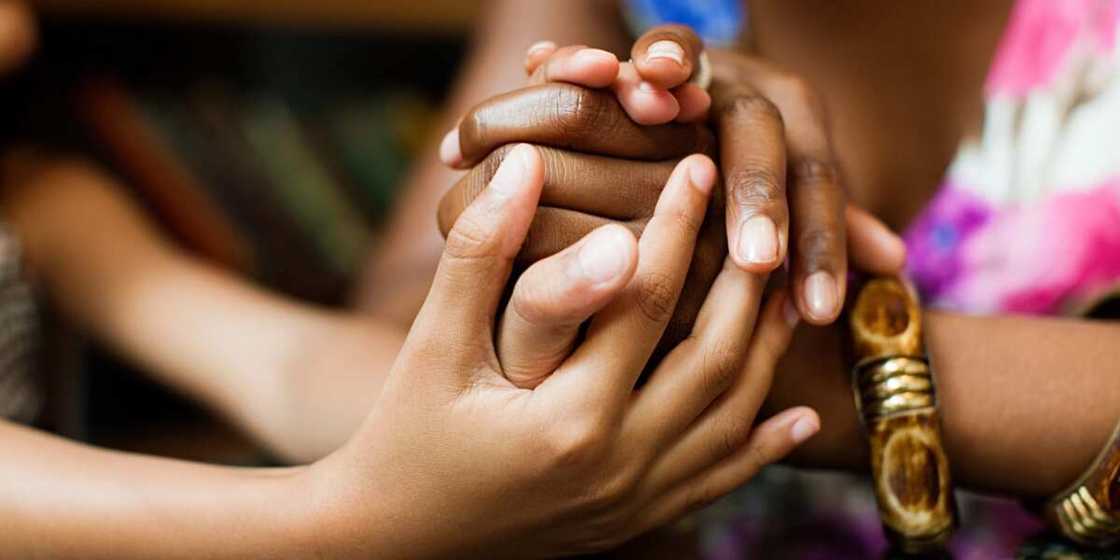
Photo: avenuescouncelingcenter.org
It is supposed that if someone violates and dishonors the cultural patterns and values of the Idoma, the ancestors will castigate him with severe sickness or, even death. It doubles as a great way to maintain peace and social order.
Idoma people from Otukpo has a slightly different cult of Onyonkpo. They believe that there is the Onyonkpo spirit, which is also a protector from various mischiefs and an instrument for law enforcer.
READ ALSO: Names of God in Hausa language and their meanings
Source: Legit.ng


